Iolaus | Greek Hero

In Greek mythology, Iolaeus (Greek: Ιόλαος, transl. Iólaos) was a Theban divine hero, son of Iphicles - and thus a nephew of Hercules - and of Automedusa. He often acted as chariot driver and companion to Hercules, and was also held as eromenos (lover, in the transition from young adult to man).
Plutarch reports that before him couples of homosexual men would go to the tomb of Iolaeus to swear allegiance to the hero and to each other. This initiation myth is of ancient origin. Iolaeus' tomb is also mentioned by Píndaro.
The Theban gymnasium was also named after him, and the Ioleia, an athletic festival consisting of gymnastic and equestrian events, was held annually in Thebes in his honor.
When Hercules was stopping the hydra in its second job, Iolau cauterized each neck, and led the hydra to be killed. Hercules married his ex-wife Megara to Iolau. They had a daughter, Leipefilene. Upon Hercules' death, Iolaeus lit the funeral torch.
Iolaeus led a Greek colony to Sardinia, composed of several of Heracles' thespian sons.
